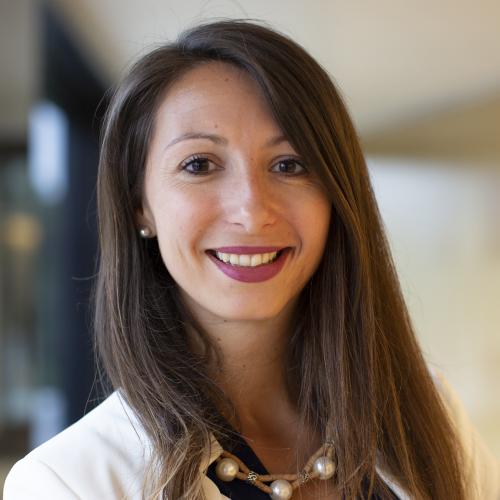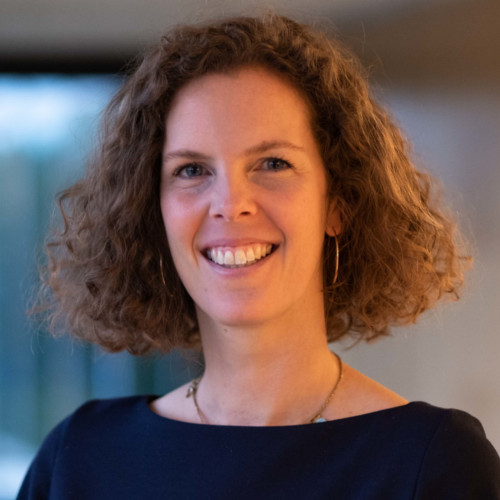Preparing future generations for family wealth
Including future generations in discussions about wealth will help them gain a better understanding of the strategic choices that will shape their future. By giving them a thorough grounding in financial matters, Banque de Luxembourg helps them to manage complex decisions.
Wealth planning, inheritance and philanthropy are all areas in which, drawing on a century of expertise, Banque de Luxembourg supports its clients, often over several generations. “Working with families and building relationships – not just with the current generation but with future generations too – is in our DNA,” says Stéphanie Baldinucci, Private Banking Coordinator at Banque de Luxembourg.
Wealth management involves vision, values and an understanding of responsibility towards future generations. “Including future generations in discussions about family wealth from an early age helps them strengthen their understanding of the strategic and financial choices that will shape their future inheritance,” adds Stéphanie Baldinucci.
By taking an active part in discussions about the management of the family's assets, young people can gradually assimilate the dynamics involved in preserving and enhancing its wealth. “This is why we believe our programmes for future generations are so important.”
A range of programmes with distinct objectives
“We have been working with the rising generation of business families through a series of highly successful programmes for more than 10 years now,” says Anne Goedert, Key Client Adviser at Banque de Luxembourg. The ‘Summer Academy’ is held every year for young people aged between 18 and 25 who are not yet working in the family business and are wondering whether they want to, will be able to, or will feel obligated to join it one day. A second programme, the ‘Family Business Junior Executive Program’, is for 25-35 year olds who have already taken the decision to join the family business. The central theme of this programme is legitimacy – relative to the family, employees in the business, and other stakeholders.
Responding to growing demands from family clients, the bank also offers expert-led financial education workshops where young people can get to grips with the critical tools and concepts for the effective management of wealth. “Given the increasing complexity of wealth management, financial education is essential for the rising generation to navigate their way through with confidence,” explains Stéphanie Baldinucci.
Better knowledge of the banking world makes for better decisions
To help the rising generation take control of their finances and sharpen their skills, our financial education workshops are individually tailored to each participant’s level of knowledge so that everyone can progress at their own pace. The many topics covered include financial instruments and markets, the basics of portfolio diversification, responsible investment and wealth structuring.
“This programme is designed for their needs and adapted to their generation. It's also a unique opportunity for them to meet our specialists and interact directly with experts in wealth management, the trading room, investments, real estate, private equity, etc.,” explains Stéphanie Baldinucci.
The participants acquire practical skills and develop a critical approach to the financial choices they will have to make. By providing them with a high-quality financial education, the bank is helping to train a generation of heirs who will be better equipped to manage complex decisions, preserve assets and perpetuate family values.
A community with similar preoccupations
This framework for genuine exchange between young contemporaries enables them to share experiences and often-similar questions. “Apart from the specific knowledge gained from each programme, they provide a unique setting for participants to discuss subjects that are often difficult to broach within the family and/or with friends,” adds Anne Goedert. “The next generation wants a close relationship with our advisers, but a less formal one than we have with their parents. We hope they will see us not simply as managers of the family’s wealth but as genuine strategic partners and facilitators of a community of people with shared interests,” Stéphanie Baldinucci points out. This approach is all the more crucial in an increasingly digital and dematerialised banking environment, where the bank has the opportunity to add real value and differentiate itself by emphasising its human approach in relations with its clients. “These forums for exchange are invaluable, not only for the personal and professional opportunities they generate, but also for fostering a sense of belonging between peers and reinforcing trust in their bank.”




